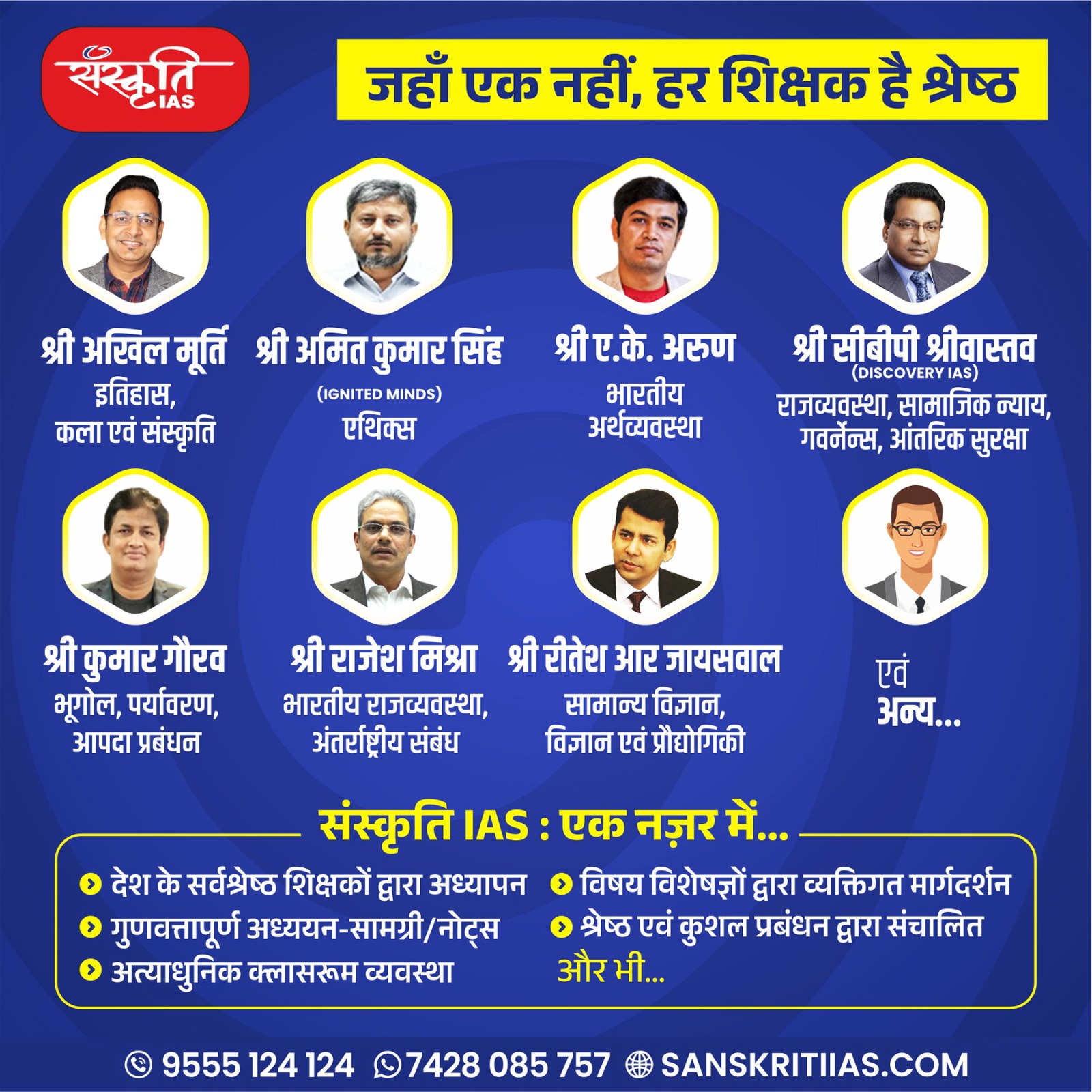Odh’ Triumphs: Clinches Best Film Honour at ’75 Creative Minds of Tomorrow’ during 54th IFFI.

Akhil Lotlikar, the talented director behind the award-winning short film “Odh,” showcased exceptional team spirit and bonding during the 48-hour film execution. His thought-provoking film addressing the receding beach lines of Goa earned the Best Film award at the ’75 Creative Minds of Tomorrow’ (CMOT) during the 54th International Film Festival of India. Akhil emphasises the competition’s role in paving the way for young creative minds to explore filmmaking possibilities on international platforms, as his dedication shines through in the success of “Odh.”
How did the team navigate the challenges of creating a short film within a 48-hour time constraint while maintaining a high level of execution in cinematography and sound?
The selection process resulted in 75 applicants being chosen, with participants from around the globe. We ensured that we had the best-quality film. We had to be prepared as much as we could. Before the actual shoot started, we had a lot of discussions based on the treatment of the story and what exactly we would put up there—mainly the sounds, edits, cinematography,, and direction. We had a lot of discussions on how to improve the treatment. How do you make the storytelling more concise and precise? We divided the shoot very systematically because we had limited time, and we also made sure the number of shots we took was appropriate for the amount of time we got, so there was no rush to take shots; there was ample scope to experiment.
In what ways did the thematic focus on the receding beach lines of Goa contribute to the thought-provoking nature of the film ‘Odh’?
Not only in Goa but everywhere, receding shorelines are a problem. Because in today’s time, there are a lot of construction, cafes and restaurants coming up. Over tourism and exploitation is also on the rise. So, diverting people’s attention towards a problem like this in a creative way was the way to go. Making sure an idea gets conveyed to a person’s mind is basically what filmmaking is. We ensured that such a problem, which can go unnoticed, had to be put in the limelight; that was our primary focus. We wrapped the concept, which made it very engaging, and it was a success for the team that we executed it.
Can you elaborate on the collaborative decision-making process within the team regarding film execution, and how it contributed to the extraordinary team spirit and bonding?

In the major decision-making process, everyone in the group was selected and was a creative person, so everyone’s input was welcome. We tried to get as many perspectives as we could to make sure that the way we looked at the story and the issue was more universal rather than a very single-directed approach. Making sure everyone’s input was counted. Evoking emotion was still the primary focus. The collaborative process was excellent; everyone had creative ideas and was encouraging the team to work towards the film. We had 48 hours, and we ensured we got the best output. Everyone gave their 100%; we gave it our best.
How do you think film competitions like this contribute to the growth and exposure of young filmmakers on an international level?
Being a filmmaker is a responsibility one carries with oneself, and one must be aware of that. The more one is, the better work one can do. Spreading a message among the population is essential, where you address the problem rather than give a solution. Once the problem is identified the solution can come through how different people think. So, addressing an issue in a thought-provoking way so that it stays with the person is the job of a filmmaker. Because you have planted an idea into a person’s mind. How you put that idea is how engaging and thought-provoking you make your work. That has to be in the forefront when you decide to make a film or convey an idea to someone.

There is also a balance between forming a creative expression with responsibility towards society and ensuring it is logistically and practically possible. I think you need to strike a good balance between all of these verticals because if you fall short on one, changing or translating an idea Into film might be a problem later, so you have to be aware of all the things which are around you to do the best of your capabilities.
Film competitions like these benefit young talent and people who are generally afraid to take the first step. Because these act as a motivational and confidence boost to your capabilities. This is a platform where you can showcase your work. It is an excellent way to start and get ahead in the industry. Many people into filmmaking and art want to do it out of passion. The only way to encourage passion is to build confidence and provide platforms to people. We need more competitions like these to motivate people to participate. It brings out their creativity in the most optimum way possible.
Could you elaborate on the significance of addressing environmental issues, such as coastal erosion, through storytelling and filmmaking?

So many environmental issues exist in today’s world, and filmmaking is one of the most universal forms of art with a broad reach. Addressing issues as a filmmaker is as vital as any other way of storytelling. To put an idea into a person’s mind in the right way and the right direction, you are doing a favour to society by moving it towards something better for the future. To address environmental issues is a big responsibility because you have the power to influence people. Everyone should use the power in the best possible way. Filmmaking is one of the best possible tools for conveying ideas.
Given the challenges you faced with controlling light during outdoor shooting, what techniques or strategies did you find most effective in overcoming this obstacle?
The majority of our shoot was outdoors. This was a 48-hour film-making challenge, we were time-bound, as it’s outdoors, so we had to make sure that we depended on sunlight, not only in the sunlight, because our shoot was in the City and the sea. So you are dependent on the Tides because when it was high tide, the rocks in the sea were not physically accessible. We had to remember this when we planned the shots in our shooting schedule.

Also, we were shooting in the City, so we had to ensure we got good sound as there was a lot of heavy traffic. In the planning phase, we were aware of what kind of problems we might have, and we tackled them because we were prepared in that direction.
Any message you want to give to the people who want to grow in the film industry?
Rather than any inspirational quotes, I would say whatever work you do, give it your 100% because your heart has to be present in the work. The best output will come when you are honest with yourself. Give it all and believe in yourself. Once you have that belief and confidence, how you convey your ideas and stories will come naturally. Make the most of what you do, do the most of what you love.























